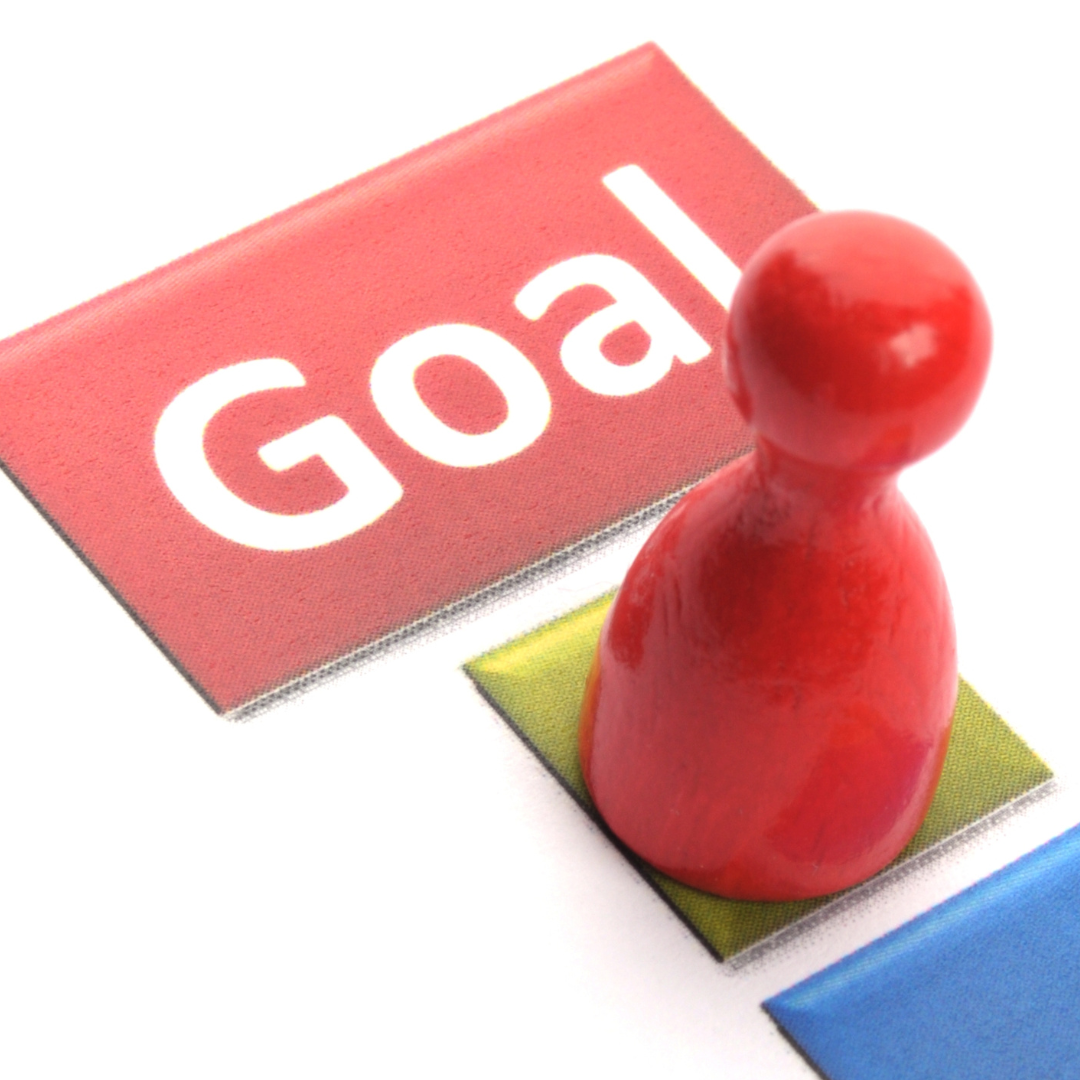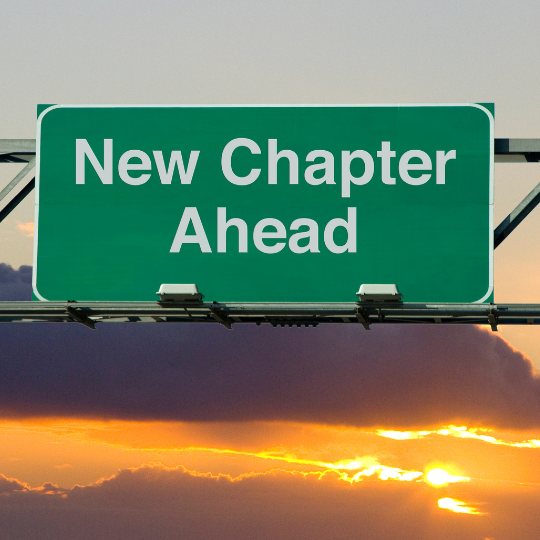Effectively Managing Stress
 Are you stressed out? If you wound up here after a search for stress management, probably so. If stress is the bad news, the good news is that there are a few really useful ways of dealing with it.
Are you stressed out? If you wound up here after a search for stress management, probably so. If stress is the bad news, the good news is that there are a few really useful ways of dealing with it.
The first thing you’ll want to figure out is the cause of your stress. The cause might seem to be obvious, but you might be surprised to find that over time you’ve learned to identify more with stress itself than with happiness. Initially, stress is an automatic response to situations we think might be dangerous. Over time, our reactions are more learned, more patterned. What that means is that we might end up having a stress reaction to something we see or perceive when, in fact, that reaction was entirely unwarranted. In learning to objectively evaluate your stress triggers, you can step in and ensure that your responses are always reasoned and appropriate.
Managing existing stress is essential to maintaining your health and a healthful emotional outlook. My first go-to strategy to deal with stress is to get outside and go for a walk. For me, walking is an essential me time experience in which I can explore the problem and let my monkey mind chatter away without having to worry about anything but the walking. Once I’ve let my monkey mind have its say, I can focus on relaxing with the problem and looking for reasonable solutions. What’s important here is that we quickly move from a state of worry to a state of proactive solution.
Problem solving is something that takes practice. The more problems we deal with, the better at solving them we get. We learn what works and what doesn’t. Life typically involves repeating patterns, so it’s likely that a problem you’re dealing with now will be similar in some ways to problems you’ve dealt with — and solved — in the past. Use those past lessons as your guides to systematically work towards a solution for your current issues.
Walking doesn’t just give me mental space to approach a problem, however; walking is a wonderful form of exercise that is low-impact and something that most people can do in any state of health. I do a significant amount of walking (and running) during the course of a year. In fact, over the last two years, I’ve averaged 2,000 km/year of one foot in front of the other. I walk at least a few km every day with very few exceptions. Running plays a lesser yet equally important role in helping me to manage stress. Running is a more strenuous exercise, but it helps me to get into a meditative zone that I find to be wonderfully relaxing. The longer I walk or run, the quieter my mind gets and the more immersed in the Now of Being I become.
Meditation is wonderful for stress management. Meditation comes in many forms, so choosing one that you like can be a little challenging. The easiest way to get started would be to sit in a chair, focus on keeping good posture and then just pay attention to your breathing. Much ado is made about keeping your mind still, but I think a better way of describing it is to observe your thoughts coming and going, but don’t entertain and energize them. Much like a class clown who thrives on attention, our monkey mind only chatters away when it knows we’re paying close attention to it. The less we worry about our mental chatter and the more we focus on fully experiencing every sensation of this exact moment, our mind will naturally quieten.
If just sitting doesn’t enthral you, you might want to consider such pastimes as T’ai Chi or QiGong. I consider both activities to be forms of moving meditation. In both cases, the focus is on flow. With T’ai Chi, it is a flow of movement that necessarily becomes a flow of energy. If you study T’ai Chi as a martial art (rather than strictly as a health practice), you’ll learn a great deal about how our intention forecasts our actions and how to feel the flow of that intention. QiGong focuses entirely on the flow and cultivation of energy. Although most QiGong styles are moving styles, some are quite static. If you’re mobility-challenged, I think you might find the slow and gentle movements of these Chinese arts to be wonderfully soothing and empowering.
Sunshine is another one of my tools for managing stress. Getting outside and being exposed to the full spectrum of light is an important emotional balancer. Light therapy is well known for its ability to normalize moods. If you suffer from a disorder, such as Lupus, whereby exposure to sunlight can be problematic, you may wish to ask a qualified practitioner about the possible benefits of light therapy.
The flip side of sunshine is the exposure to ‘good’ UV radiation during peak daylight hours as a means of producing Vitamin D (using cholesterol in the skin). I enjoy sunbathing as often as possible for a reasonable period during peak hours. It’s important to not overdo it, so be careful to never burn. Be wary of SPF sunscreens, as they only block the good UV rays and let through nearly all of the bad UV rays. The best protection is to get the correct exposure to unfiltered sunshine. If you’re concerned about cell aging due to sunshine exposure, consider taking astaxanthin as a supplement. Astaxanthin is created by microalgae to protect against UV radiation in low-tide pools. It is also what makes a pink flamingo pink.
Saunas can be an excellent way of managing stress, but also purging toxins. Saunas come in a variety of types, so experiment to find what you might enjoy. I’ve tried light saunas (with infrared and blue lighting), wet saunas / steam baths and dry saunas. I’m partial to wet saunas for their lower temperature and high humidity. For an interesting change, add a single drop of eucalyptus oil to the hot rocks in the sauna for an intense and invigorating aromatherapy experience.
Finally, the thoughts we think play a huge role in the stress we experience. Many of my life’s most stressful moments were completely self-created by my mental chatter haranguing me with misplaced thoughts and beliefs. If you want things to change, change the way you think. Use affirmations, afformations and meditation mantras to assist with reprogramming your way of thinking. You might find self-hypnosis CDs oriented to relaxation and stress management to be helpful, too.
Always remember that stress is a chronic fight or flight response. We cannot remain healthy and optimally functional if we allow stress to dominate our experience. By proactively dealing with our stress, we can regain our ability to effectively work through those causal problems and more quickly find good solutions.
If stress is a problem for you and you’re interested in having me work with you to help manage it, simply send me an e-mail with ‘Stress’ in the subject line. I’ll be in touch as soon as possible to discuss the next step.







October 16, 2015 at 10:00 am
Alice Hess
— Try to remember what was stressing you out a year ago. Or two, or five years ago. Can you even remember? Did it work out? Did you recover? Most of us can’t remember the stresses of a year ago or five years ago…Just sayin’. Maybe reflecting on that will help people to take some breaths and chill a little.
October 16, 2015 at 10:05 am
Trane Francks
Nicely put, Ali. Unresolved issues can cause us problems for many years.